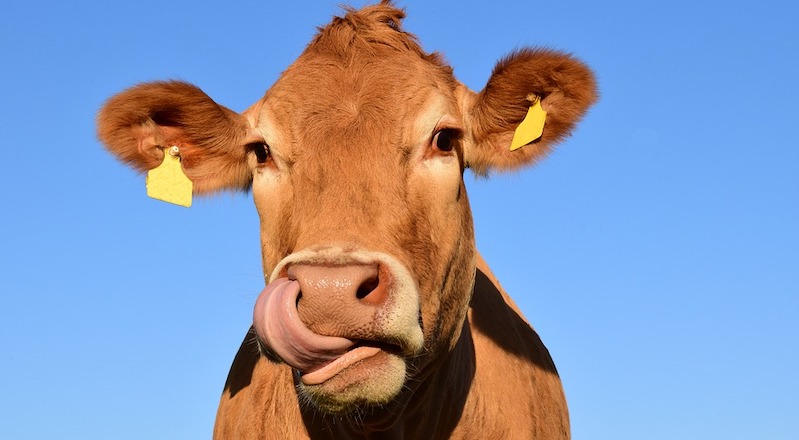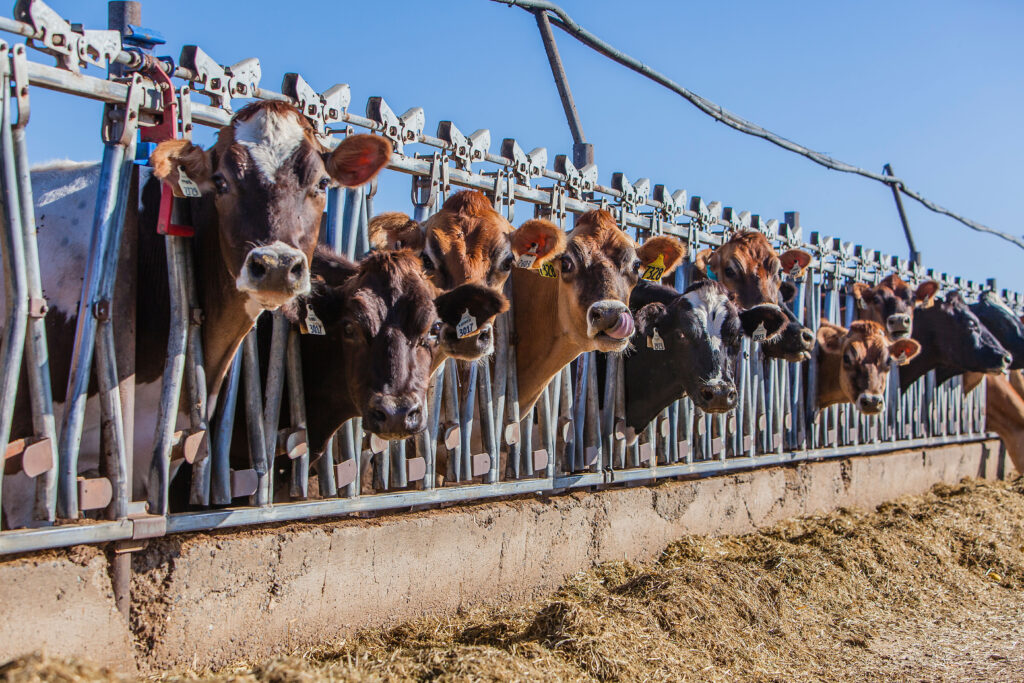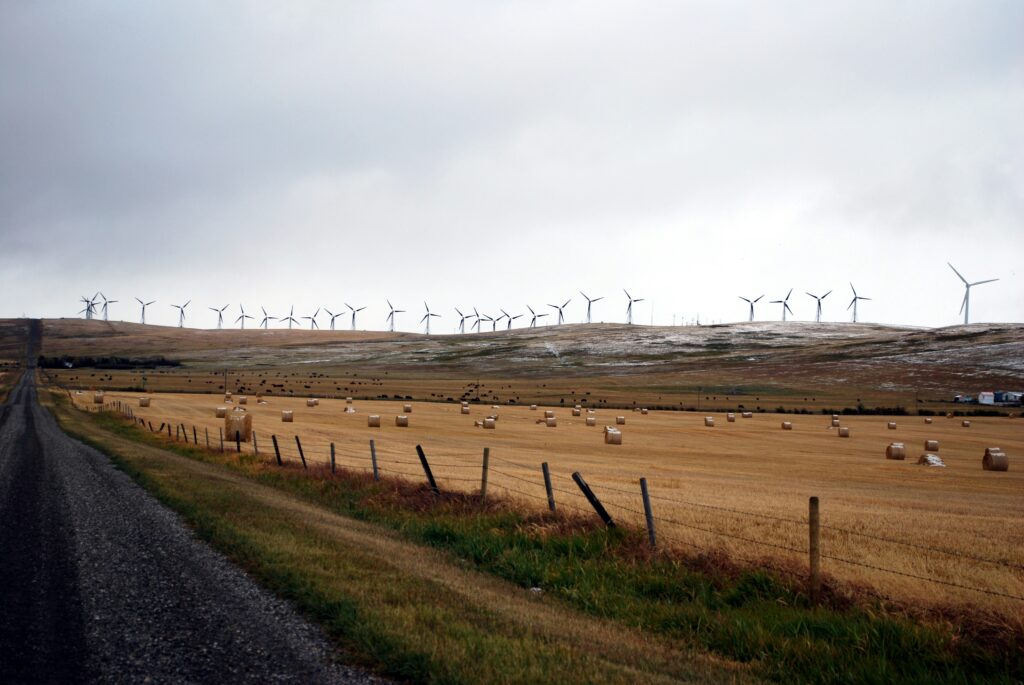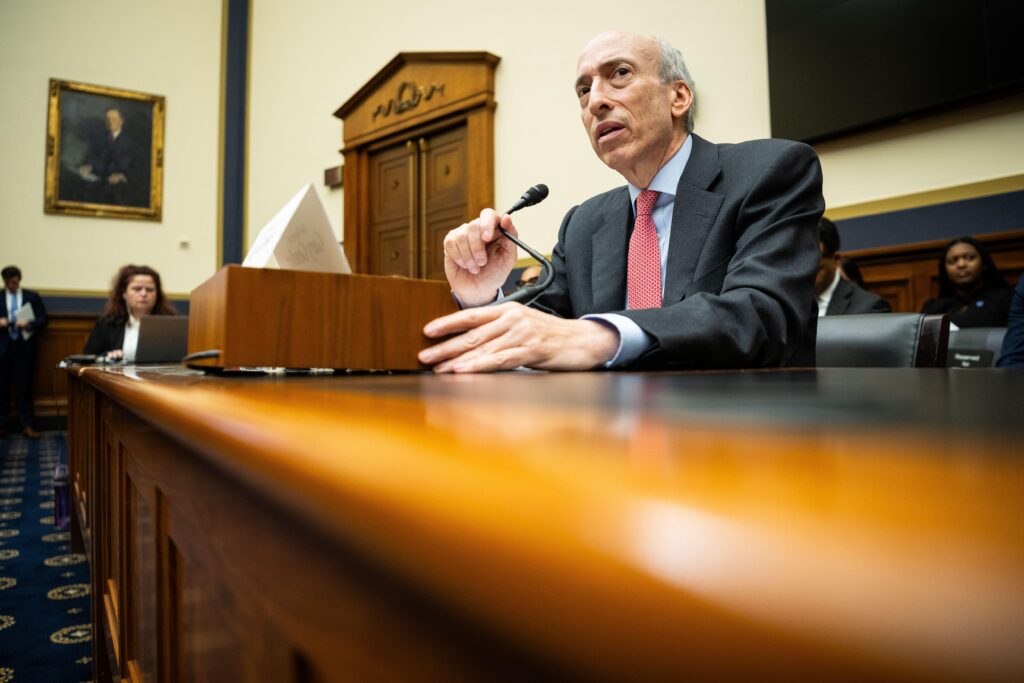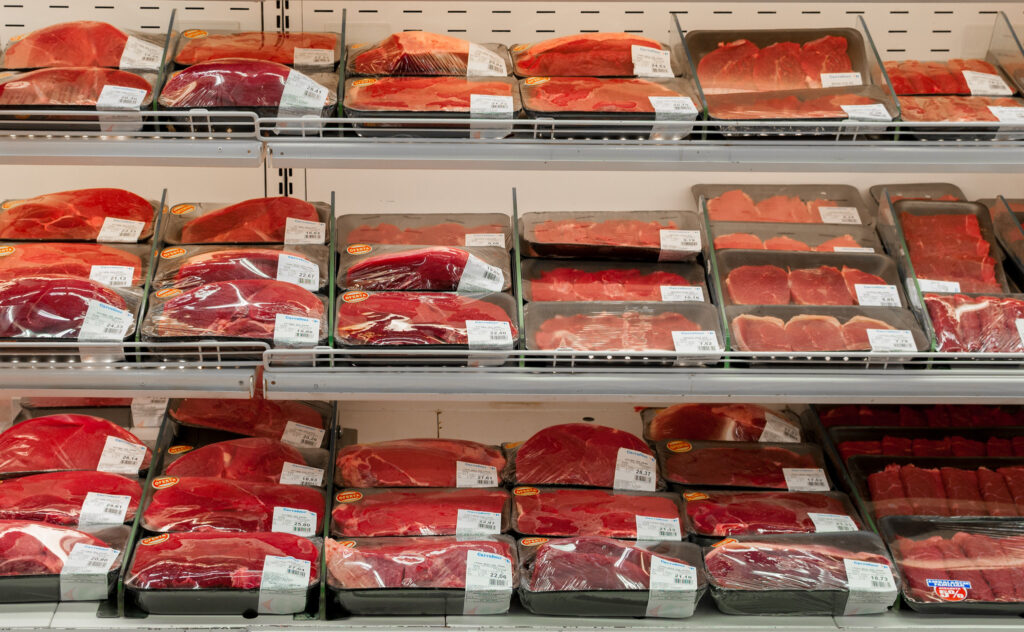Ireland’s embattled beef and dairy sector has taken the unusual step of bringing in a public relations and lobbying firm with links to the tobacco and agri-chemicals industries to defend the sector against a growing chorus of critics.
A consortium of farmers, food processors and state agencies has been formed under the banner of “Meat & Dairy Facts“ to counter what it claims is “disinformation” aimed at beef and dairy products. The initiative is co-funded by six Irish participating bodies.
It will stress the role that meat and dairy plays “in a healthy balanced diet and the incredible efforts that Irish farmers are taking to care for their animals and protect the environment”.
Red Flag
The agency chosen for this campaign, Dublin-based Red Flag, was last year instrumental in setting up the astroturf Freedom To Farm campaign. The group was an industry-funded effort to create the impression that ordinary farmers were spontaneously rallying to demand the controversial weedkiller, glyphosate, not be banned by the EU.
Red Flag CEO, Karl Brophy was quoted as saying: “We are grateful to several clients for supporting the project,” he said, adding, “we’re proud to have played a small part in providing the information” to help defeat the proposed ban.
Brophy explained to the Independent that Red Flag was working “to bring a number of our clients and contacts together in order to help those people who would be most affected by a potential glyphosate ban”.
The EU’s Europa Transparency Register lists Red Flag’s lobbying clients in 2016 as including the North America Meat Institute, British America Tobacco, Monsanto and Barclay Chemicals Manufacturing (another major glyphosate producer).
Like what you see? Become a DeSmog patron today!
When contacted by DeSmog, Brophy stated: “we don’t represent Monsanto, any other ‘agri-chemical’ interests or, outside the Meat & Dairy Facts initiative, anyone in what you would describe as the ‘Agri-Industrial’ arena.”
When asked to clarify whether this meant the company was not currently working for Monsanto, he declined to comment, other than to say: “the work we conduct for our clients is based on fact and science and stands up to scrutiny. We suggest you might actually wait until you see what the Meat & Dairy Facts initiative produces before prejudging it”.
Vegan pressure
Ireland’s almost complete dependence on emissions-intensive beef and dairy production has left the agriculture sector exposed to a clamour for action to address climate change, while the growing popularity of vegetarianism and veganism (for health, environmental or animal welfare reasons) has added to the pressure.
An Irish group called “Go Vegan World“ has run a series of high-impact billboards and posters targeting animal agriculture. Its campaign, which it describes as the first of its kind in Europe, claims to “present information to the public that counters socio-cultural acceptance of speciesism and offers veganism as a just alternative”.
Commenting on the upcoming Meat & Dairy Facts campaign, Sandra Higgins, director of Go Vegan, told DeSmog: “If they were interested in protecting the livelihoods of farmers, they would transition to sustainable food production”.
Meat and Dairy Facts is not the first move of this kind. Bord Bia, the Irish Food Board (and a member of the new consortium), last year issued a tender to firms who could develop strategies to “win these (vegetarian) customers back or reassure them about their food choices”. Some eight percent of Irish people are vegetarian and two percent are vegan, according to Bord Bia.
Bord Bia CEO Tara McCarthy stated that the industry needs to “showcase our pride on how we treat our animals in Ireland”. When asked by DeSmog if Bord Bia would now support the Irish Society for the Prevention of Cruelty to Animals in opposing what it calls the “brutal and cruel” live export of calves, the agency responded: “the transport of live animals is approved and strictly monitored by the Department of Agriculture”.
A similar agri-industry project, Meat The Facts, involving interests from several EU countries, is also underway. Apart from information, it presents imagery of small-scale animal farming, to distract from the reality of intensive animal production.
Agriculture emissions
Agriculture accounts for one third of Ireland’s total emissions, even though the sector is a relatively minor part of the economy. According to Teagasc, the state agricultural research agency, the contribution of “primary agriculture, fisheries and forestry’” to the Irish economy in 2017 was 1.2 percent of GDP, which is close to the EU average.
Since the removal of EU milk quotas in 2015, the Irish dairy herd has expanded rapidly, with over 300,000 cows added to the national herd, which now numbers over 1.4 million. As a result, agricultural emissions, which had been falling steadily in the early 2000s, began to rise sharply, with an almost 10 percent increase in overall emissions from the sector.
This has been one of the key contributors to Ireland’s disastrous performance. Its EU-mandated target was to reduce non-traded emissions from 2005 to 2020 by 20 percent. But, according to the Environmental Protection Agency, emissions will, “at best”, have declined by just one percent in this 15-year period.
The EPA also noted a sharp recent deterioration in the quality of Irish fresh water, describing it as “completely unacceptable”. A total of 269 Irish waterways fell in quality between 2015 and 2017. Increased nitrogen and phosphorus levels from artificial fertilizers have been identified as the main reason for the decline.
While Ireland has invested heavily in promoting its “Origin Green” branding for its products, it has the second lowest percentage of land farmed organically in the EU, while barely one percent of Irish farmland is used to grow vegetables, the lowest percentage in the EU.
The Irish beef sector, on the other hand, accounts for over 30 percent of total agricultural output, yet is a loss-making enterprise for many farmers. The average Irish beef farmer in 2018 received 158 percent of his gross income in subsidies and supports in 2018, according to Teagasc data. The new Meat & Dairy Facts campaign seems intent on doubling down on this losing formula.
Like our work? Support DeSmog by becoming a patron today!
Image: Pixabay License
Subscribe to our newsletter
Stay up to date with DeSmog news and alerts


